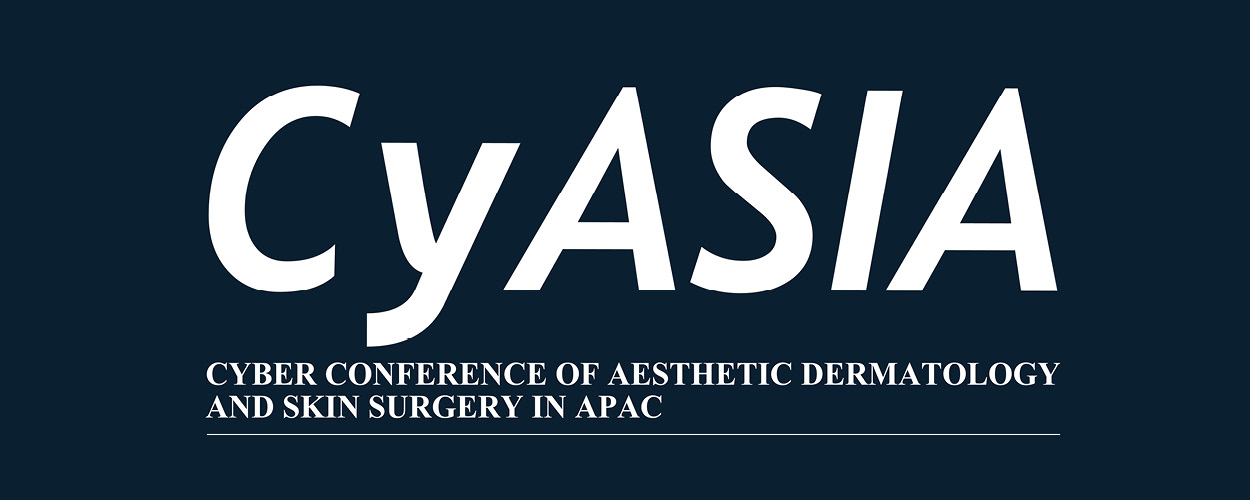Objectives: This presentation aims to provide a comprehensive summary of the most recent research on the mechanisms and applications of exosomes in scars treatment, as well as explore the most effective methods of administration in combination with other therapeutic approaches.
Introduction: Severe inflammation and injury can result in disfiguring scarring, leading to cosmetic, functional, and even psychological impact. Despite advancements in medicine, scar treatment remains a significant challenge. Exosomes are cell-derived nanoscale vesicles carrying various biomolecules.with the capability to communicate with adjacent or distant cells. The exosome can modulate essential cellular processes, such as proliferation, differentiation, migration, and cell death.
Materials / method: Our experience in exosome-based dermatology and aesthetic applications includes treating over 1500 scar patients with various types of scars in our clinic. This study was conducted using different treatment protocols, including exosomes alone or in combination with microneedling radiofrequency or CO2 laser.
Classification of scar to hypertrophic, keloid and atrophic is paramount in determining an appropriate treatment strategy.
Exosomes in this study were acquired from human ASC-CM by ExoSCRT™ technology (ExoCoBio Inc., Seoul, Republic of Korea)
Results: Wound healing process involves cell migration, proliferation, extracellular matrix remodeling, angiogenesis and re-epithelialization. However, some risk factors can impair this process, leading to pathological fibrosis and scarring. Research has shown that exosomes exhibit paracrine effects, helping to regulate inflammation, modifying the fibroblast activation, enhance collagen production and promote neovascularization and re-epithelialization.Therefore, exosomes can be therapeutic options in regenerative medicine and aesthetics, such as wound healing and scars,
Conclusion: Exosomes represent a promising therapeutic approach for scar treatment due to their ability to regulate key cellular processes such as inflammation, fibroblast activation, while current treatment options for scar remain limited. Our clinical experience with over 1500 scar patients highlight the potential of exosomes as an effective treatment modality.
Disclosures
Did you receive any funding to support your research for this TOPIC?
No
Were you provided with any honoraria, payment or other compensation for your work on this study?
No
Do you have any financial relationship with any entity which may closely compete with the medications, materials or instruments covered by your study?
No
Do you own or have you applied for any patents in conjunction with the instruments, medications or materials discussed in your study?
No
This work was not supported by any direct or non direct funding. It is under the author's own responsability















